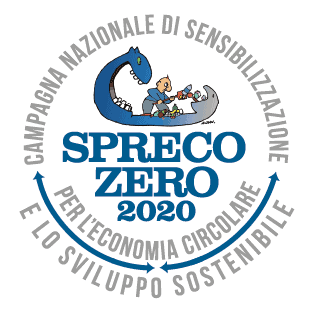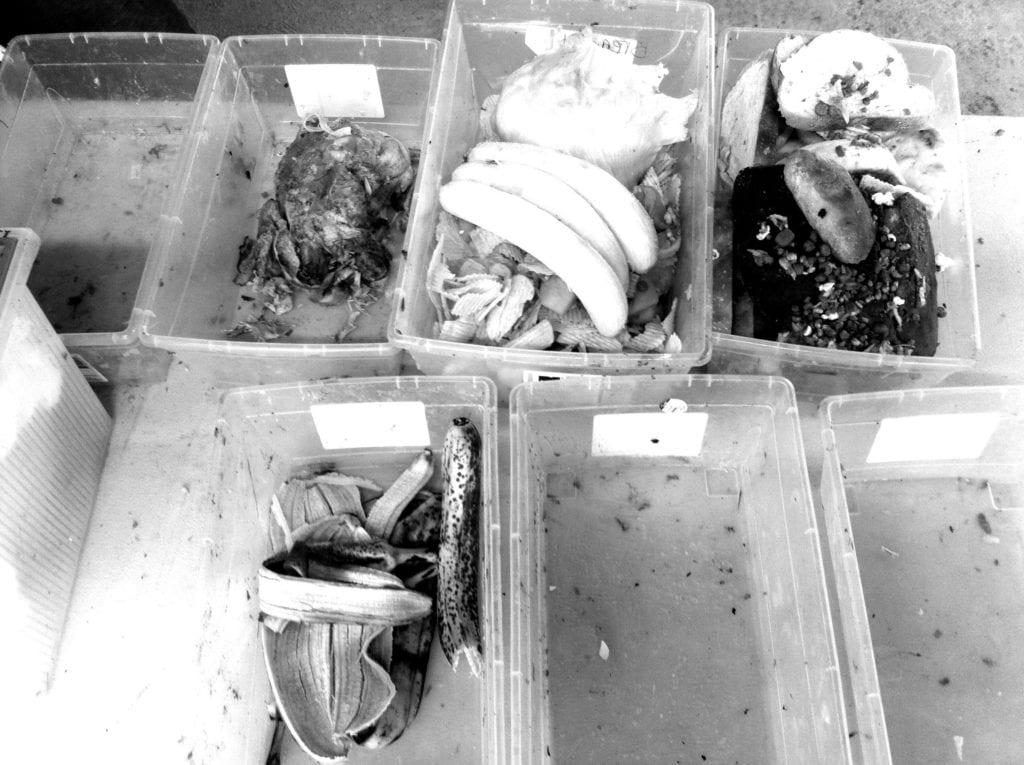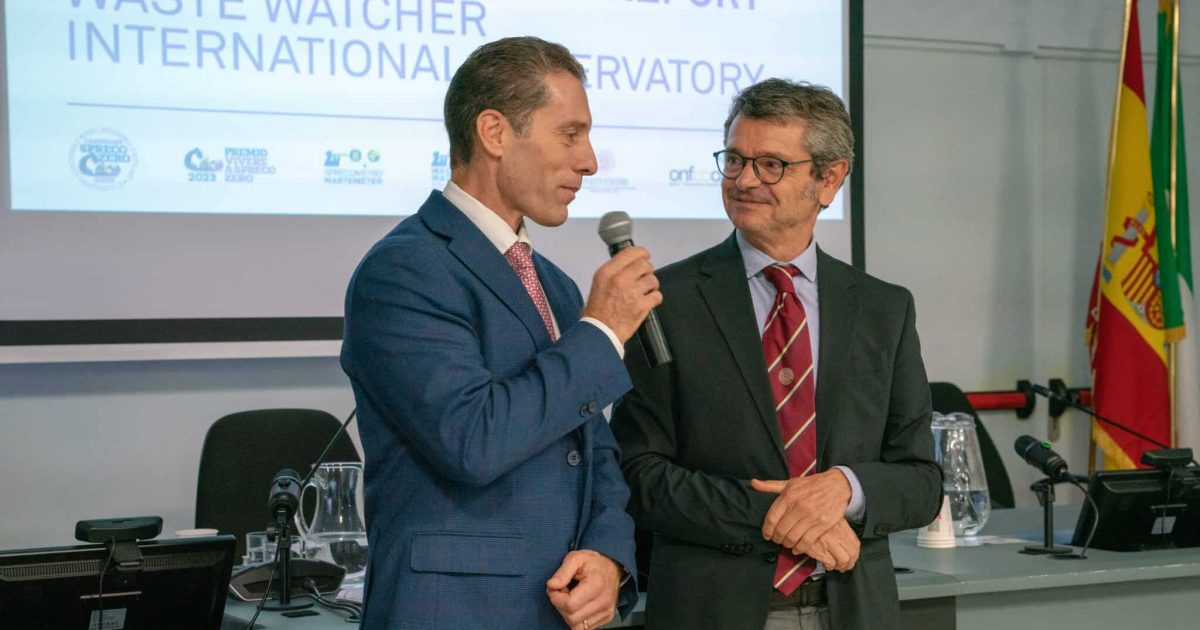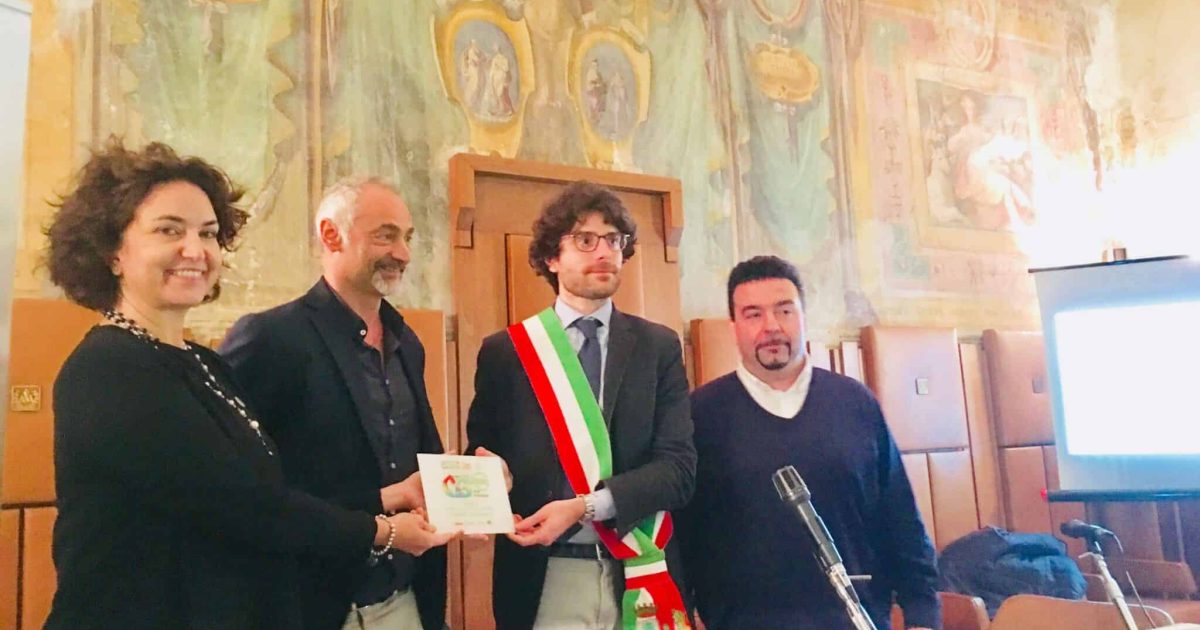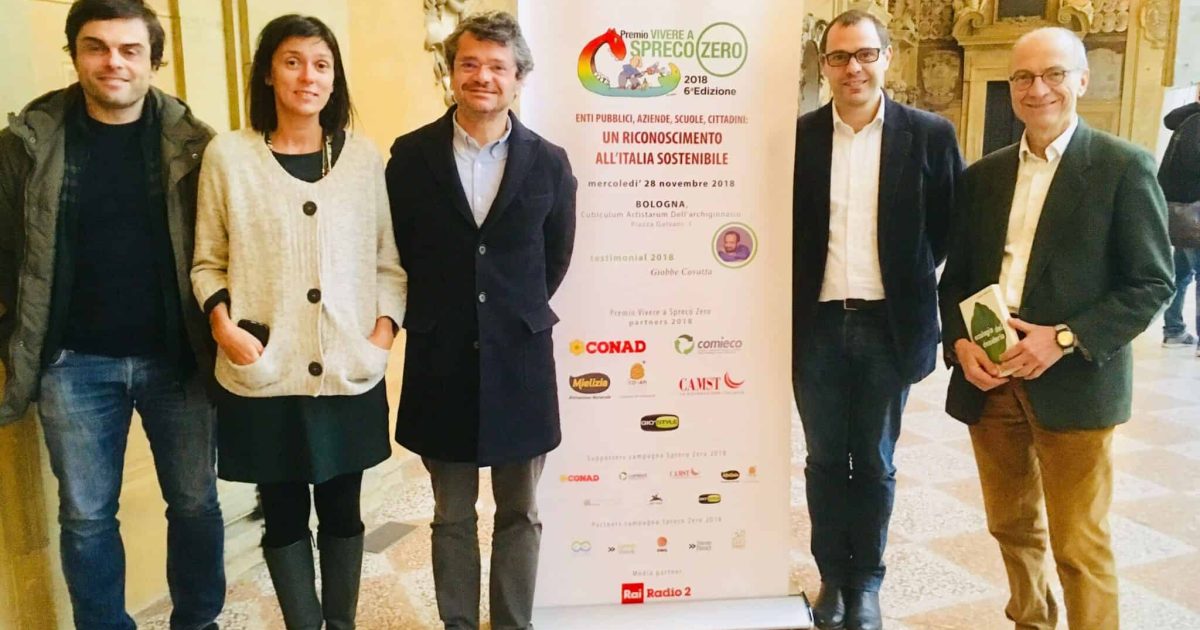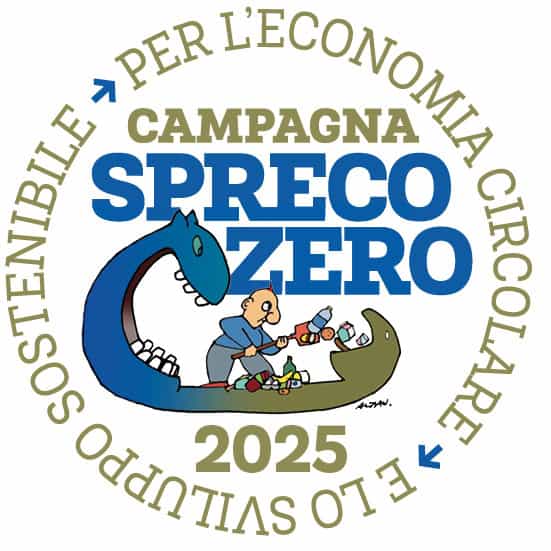Claudia Giordano and Luca Falasconi
The Food Waste Diary experiment was conducted as a pilot test in 2015, within the framework of a PhD project titled Assessing Household Food Waste in Italy: A Methodology for Detecting Drivers and Quantities. The aim of the thesis was to assess the reliability of Household Food Waste (HFW) data in Italy, which had previously been estimated strictly through the use of questionnaires (see Waste Watcher). To this end, we performed both an analysis of the questionnaires and their questions, as well as a test of the diary method, crosschecking the results of both methods with a waste sorting analysis. At the end of the experiment, we asked respondents to state whether their perception of their own food waste had changed, and how much they now thought they wasted.
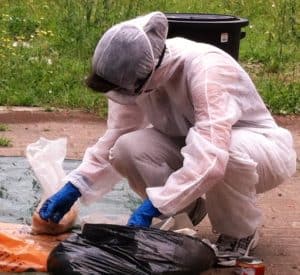
And what did we find?
The results gave us significant and interesting insights into the food waste issue, and will be published soon in a scientific journal. Soon after, they will be published on this blog as well! However, in the meantime, we intend on commencing a new experiment that will involve the use of diaries.
So, what about now?
The diary experiment will be initiated very soon. The diaries are designed to be similar to those created by WRAP, containing sections to be filled out on what foods respondents throw away, how much they throw away, why they throw the foods away, and where and how they dispose of the foods. The definition for the quantification of food waste that will be used in this experiment is that of FUSIONS, which includes not edible food waste. However, given that we are much more interested in edible food waste (EFW), we will also separately compute EFW. The experiment will involve 400 families spread all over Italy (the North, South, Center, as well as the Islands) and in different cities (some more than 200,000 inhabitants and some less). SWG will be in charge of selecting the sample, as was their responsibility in the pilot experiment. The overall experiment will be conducted by the Department of Agricultural and Food Sciences in the University of Bologna (Distal), and financed by the Italian Ministry of the Environment, Land and Sea.
Cui Prodest? Why inquire into the quantities of food waste of Italian families?
Is it some sort of slight? Not at all! And neither is diving into the garbage cans of our respondents, even though we the researchers sometimes question ourselves as well. An understanding of how much food ends up wasted will allow us – and the Ministry, in this case- to set up proper awareness campaigns, and to implement improvements in food chain governance from field to landfill (or incineration, or something better).
Can consumer awareness make the difference?

The scientific community is divided on this issue. There is a certain tendency to blame the consumer for food waste; perhaps, it is the easier solution- not questioning the functioning of the current global food production system, which is severely predatory and unequal. Food waste happens at all the stages of the food chain, and its recoverability is higher in all the steps that do not involve the householder.
This, however, is an issue for future research and policy interventions. That said, it is true that consumers can still play a crucial role by reducing their own food waste, which perhaps could result in a (positive) domino effect on the entire agro-food chain due to the demand for more healthy and sustainable foods, as well as the inducement to strongly support food waste reduction. Hence, our advice to the policy maker is to not forget that important improvements can be incorporated in all stages of the food supply chain, and to realize that awareness raising campaigns are one of the many tools available to fight food waste, but in the end do not form the sole solution, nor the ultimate one (otherwise, we will be encouraging a new form of greenwashing).
For any info, write to: claudia.giordano4@unibo.it and luca.falasconi@unibo.it

